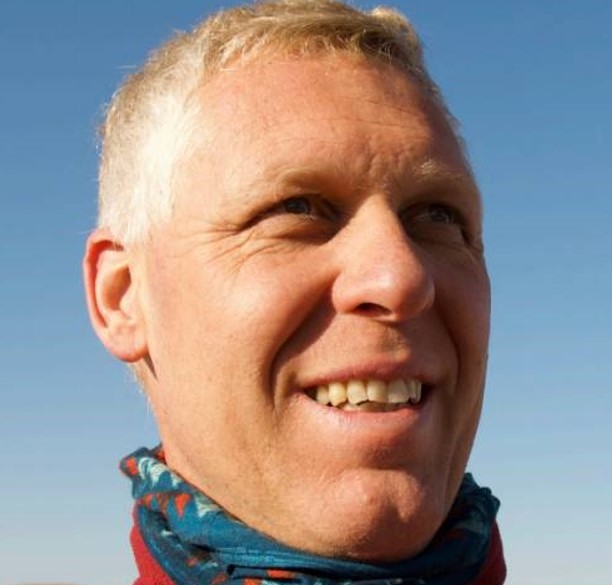Mental resilience is an essential practice
The Mail is teaming with Mindful Margaret River to share guidance and support from local members of the Mindful Margaret River alliance.
Working as a professional coach and facilitator I help people build their resilience.
The contexts vary, from teenage life skills, businesses facing change or adversity to individuals like you and me dealing with life’s stresses and challenges.
The antidote to stress is not relaxation, which is pleasant, but transient – it is resilience. And I have learned that everyone can be resilient, particularly when life becomes hard.
I was invited to become part of Mindful Margaret River to promote resilience in the context of mental wellness.
Nowadays resilience is a hot topic, in the aftermath of Australian bush fires and floods, in businesses or governments facing economic contraction, or in facing the current pandemic.
When I was young, resilience was described to me as a rubber ball – when it falls, it bounces back up. A similar expression is ‘to bounce back from adversity’. This proved to be a poor analogy, because balls never quite bounce back to the same height.
More importantly, when I coach a person to be resilient they learn to face their challenge with clarity, skills and courage, and then to grow and flourish through their experience – to fly higher and stronger than before, if you were that proverbial ball.
What I have also learned from neuroscience is that we are all hard-wired for resilience.
This brain wiring needs to be nurtured. In fact, the ingredients of resilience are simple, and you will know them.
Examples include an awareness of one’s thoughts, feelings and habits, being able to effectively disengage from and get perspective on the dramas in our lives, a sense of belonging and support from people around us, meaningful work, contribution or endeavours, hopefulness and a sense of empowerment, good routines of rest, physical activity and being in nature, nutrition and self-care, and appreciation, particularly of the simple blessings in our lives.
But simple does not mean easy. Resilience is something we do.
Everyone can be resilient, particularly when life becomes hard.
– Torsten Henschel
We build resilience through repeated actions and habits, coupled with regular and mindful reflection. In this way, resilience is like muscle power: the more often you exercise the nerves and muscles, the stronger you become.
If you want to build resilience as a life skill, then practice each of its ingredients in your daily and weekly routines.
Mental illness is precisely what the words say: the mind is feeling ill. When our bodies feel ill, we rest them, nourish them, seek expert advice to treat them and seek people around us to care for us. Then our body gets better.
We do the same with the mind: we create self-care strategies together with professional support. Resilience builds physical, emotional and mental strength and wellness – all at the same time.
So, if you are feeling anxious or depressed, support yourself by doing simple resilience or wellness practices, regularly. Connect with your people and your community. And reach out to experts for professional support when needed.
Mindful Margaret River is an alliance of mental wellbeing professionals, government agencies, community members and the Shire of Augusta-Margaret River to promote health and wellbeing in the Shire.
First published in the Augusta Margaret River Mail 26 August 2020.




